Κείμενο
Η θυρεοειδίτιδα Hashimoto (Χασιμότο) είναι η πιο συχνή αυτοάνοση πάθηση. Χαρακτηρίζεται από καταστροφή του θυρεοειδή, που μακροχρόνια συνήθως καταλήγει σε υποθυρεοειδισμό. Αν εμφανιστεί υποθυρεοειδισμός, η θεραπεία είναι με υποκατάσταση των ορμονών του θυρεοειδή. Όμως, πριν φτάσουμε σε αυτό το σημείο, πολλοί ενδοκρινολόγοι συνιστούν σελήνιο γιατί με αυτό τον τρόπο πιστεύουμε ότι επιβραδύνεται η καταστροφή του θυρεοειδή. Μπορεί η βιταμίνη D να βοηθάει επίσης σε αυτή την περίπτωση; Τα τελευταία χρόνια έχει φανεί ότι πάρα πολλοί άνθρωποι έχουν σημαντική έλλειψη σε βιταμίνη D, ενώ είναι πάρα πολλά τα άτομα που πάσχουν από νόσο Χασιμότο και πάσχουν και από έλλειψη σε βιταμίνη D. Εδώ αξίζει να τονίσουμε ότι δεν έχει ακόμα ξεκαθαρίσει αν η έλλειψη της βιταμίνης D είναι ένας από τους παράγοντες που οδηγούν σε Χασιμότο ή το αντίστροφο, δηλαδή αν η νόσος Χασιμότο οδηγεί σε έλλειψη βιταμίνης D. Παρόλα αυτά, κάποιοι ερευνητές μελέτησαν αν η χορήγηση βιταμίνης D σε άτομα που πάσχουν από Χασιμότο μπορεί να προστατεύσει τον θυρεοειδή, μελετώντας την μείωση των αντισωμάτων κατά του θυρεοειδή που οδηγούν στην καταστροφή του. Η μελέτη έγινε σε 42 γυναίκες με νόσο Χασιμότο που χωρίστηκαν σε δύο ομάδες. Η μια ομάδα πήρε ψευδοφάρμακο, το γνωστό placebo, ενώ η άλλη βδομάδα πήρε 50.000 διεθνείς μονάδες βιταμίνης D μία φορά την εβδομάδα για τρεις μήνες. Στο τέλος αυτής της περιόδου φάνηκε ότι στις γυναίκες που έπαιρναν βιταμίνη D μειώθηκαν τα αντισώματα ενάντια στον θυρεοειδή και μειώθηκε και η TSH, πράγμα που υπονοεί καλύτερη λειτουργία του θυρεοειδή. Από την άλλη το ίδιο, αν και σε μικρότερο βαθμό, το ίδιο συνέβη και στην ομάδα ελέγχου. Παρόλα αυτά, οι συγγραφείς συμπεραίνουν ότι τα συμπληρώματα με βιταμίνη D μπορεί να είναι βοηθητικά στην αντιμετώπιση της νόσου Χασιμότο, αν και συνιστούν περαιτέρω και μεγαλύτερες μελέτες για να επιβεβαιωθούν τα δεδομένα και να μπορεί κάτι τέτοιο να ξεκινήσει να εφαρμόζεται ευρέως. Σε οποιαδήποτε περίπτωση, πριν αποφασίσετε να πάρετε βιταμίνη D με

οποιοδήποτε τρόπο πρέπει να ενημερώσετε το γιατρό που σας παρακολουθεί και η χορήγηση να γίνει μόνο με τακτικές μετρήσεις των επιπέδων της βιταμίνης D στο αίμα. Ευχαριστώ πολύ.



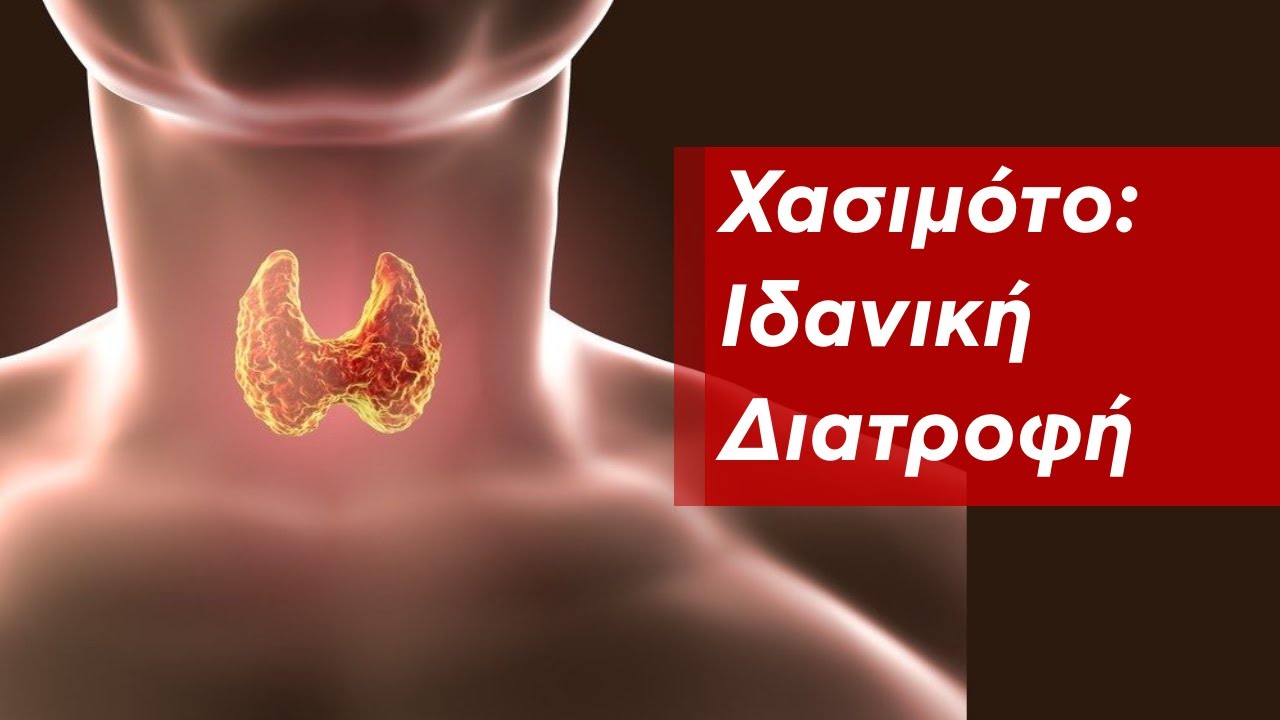


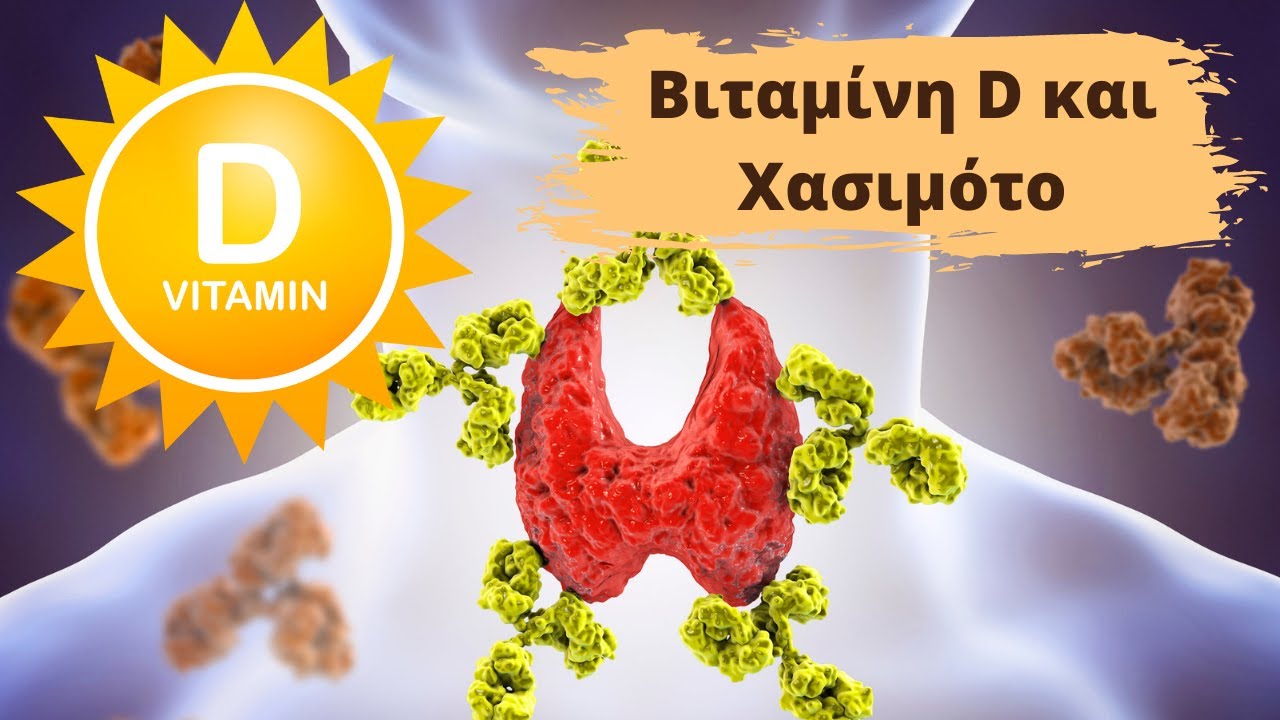


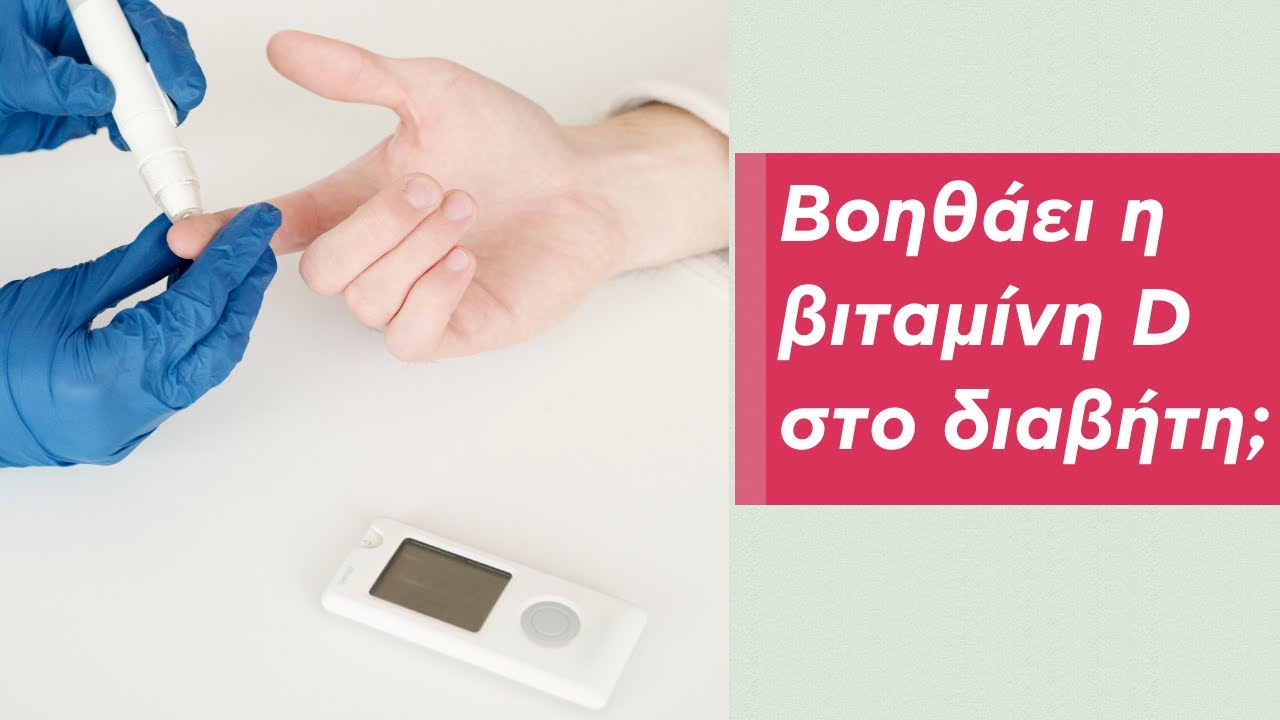





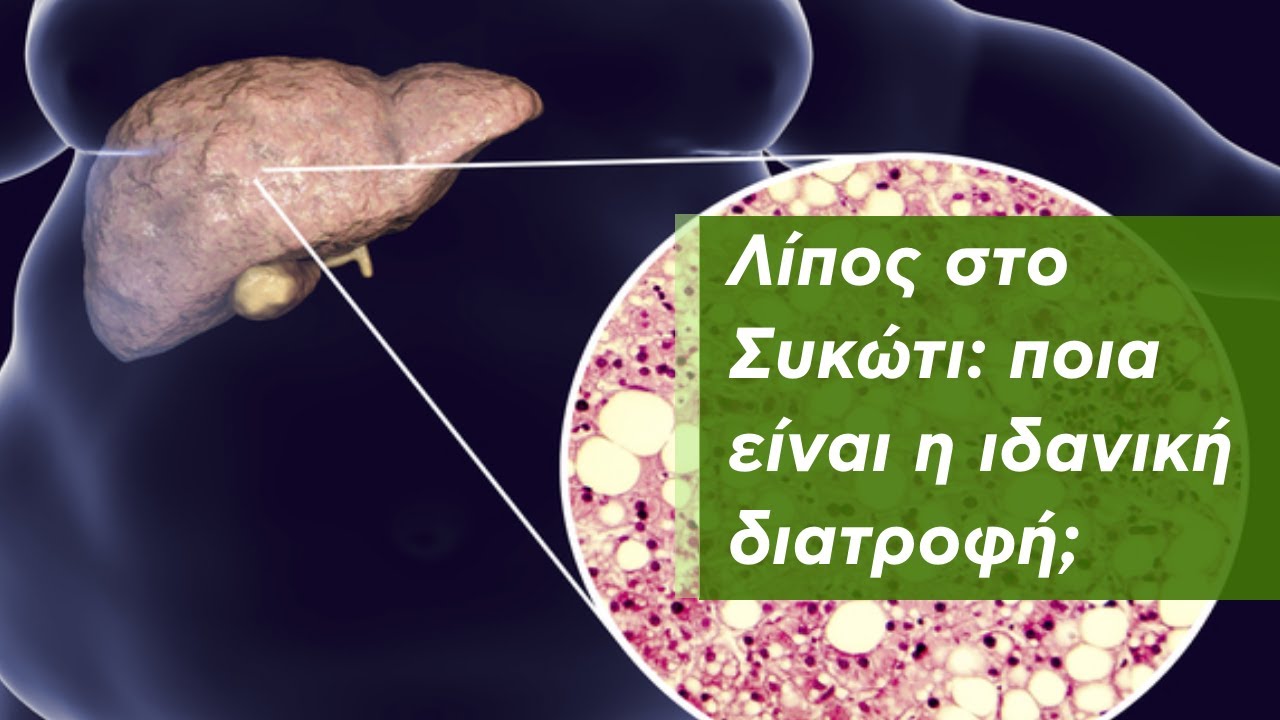







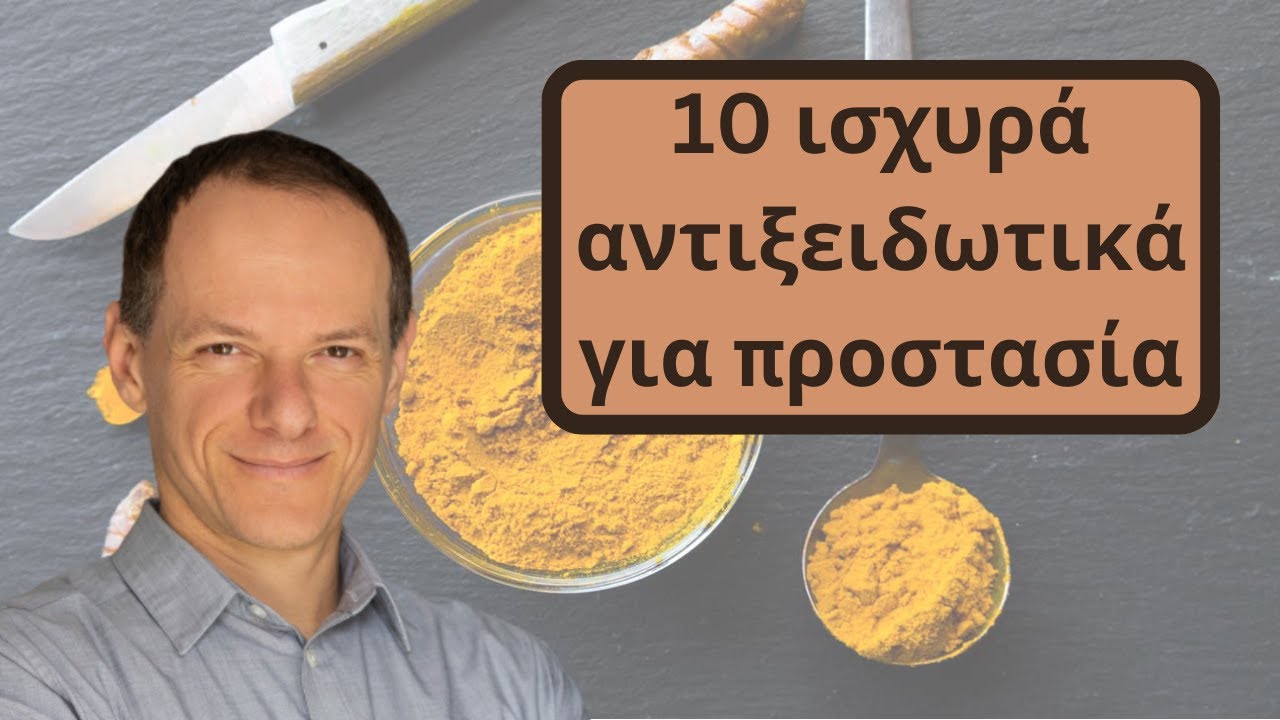
0 Σχόλια